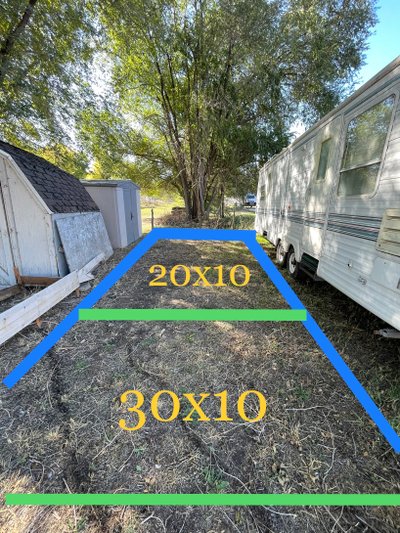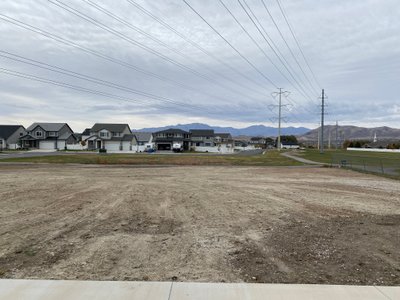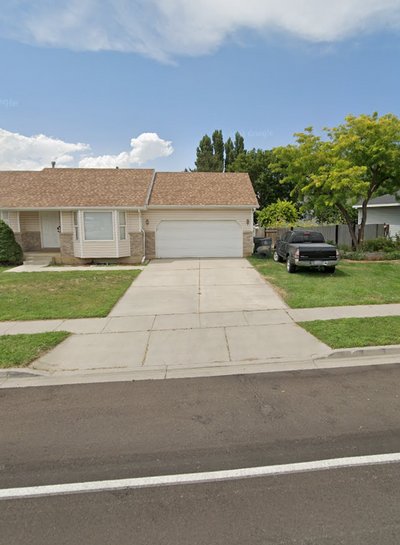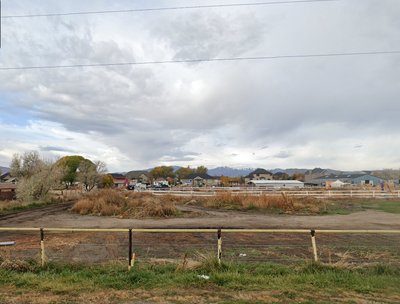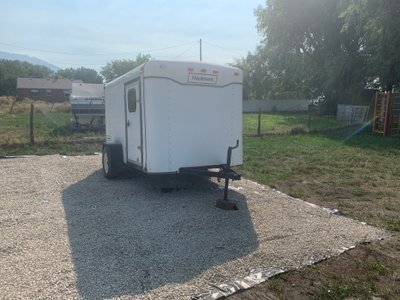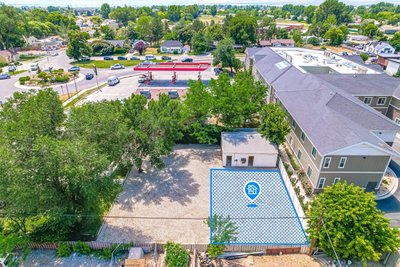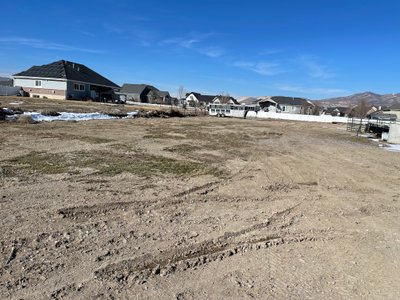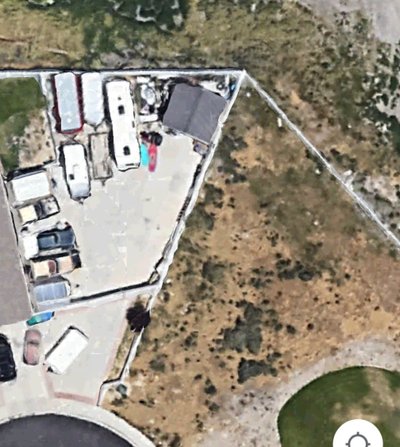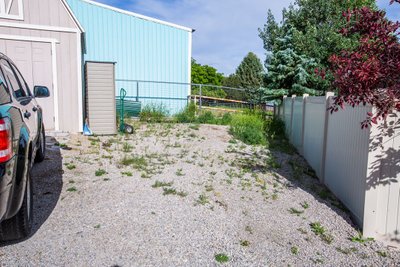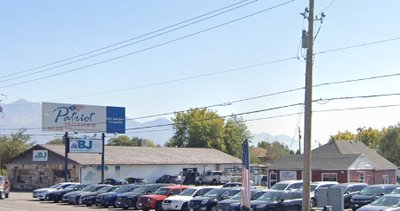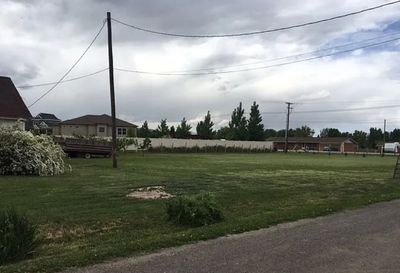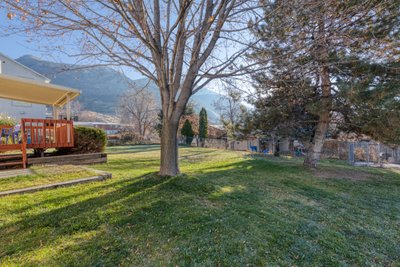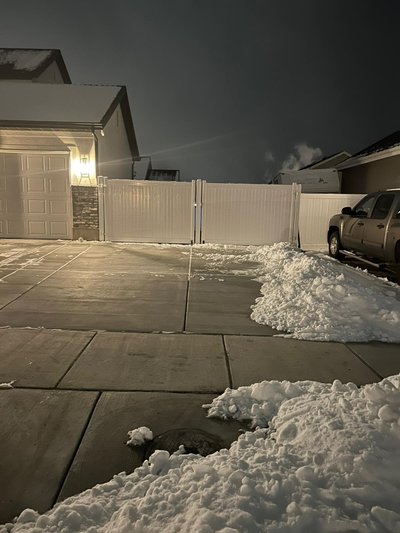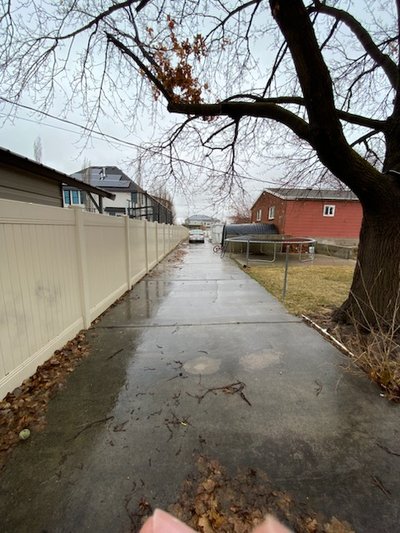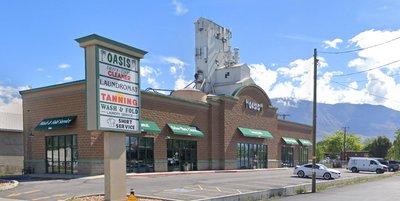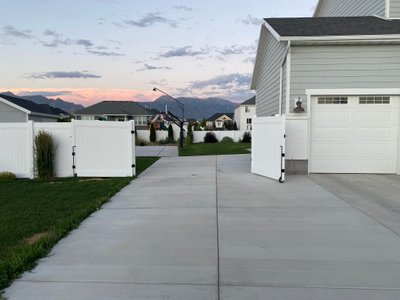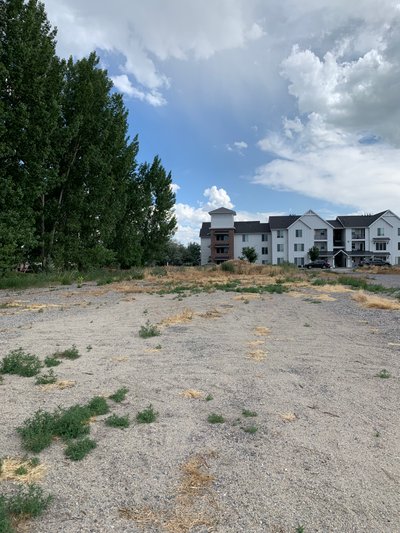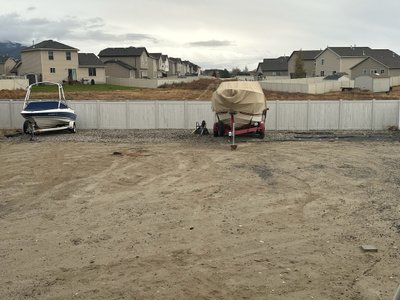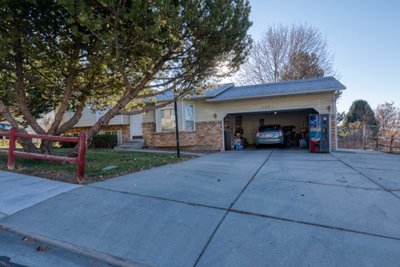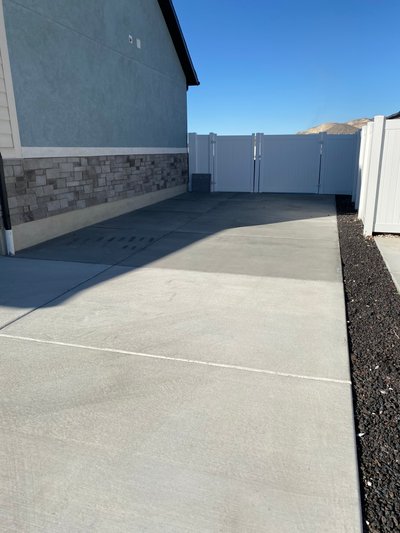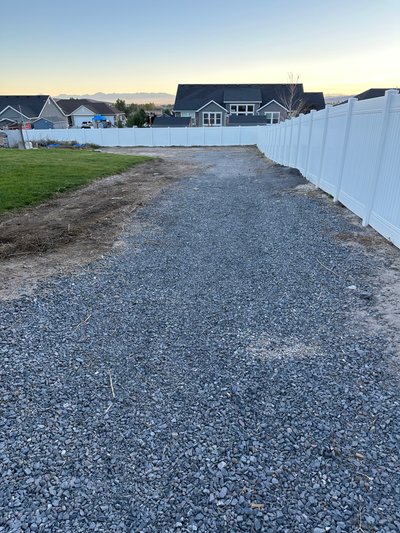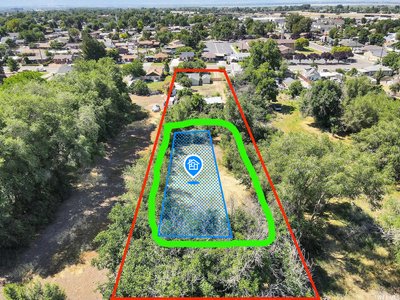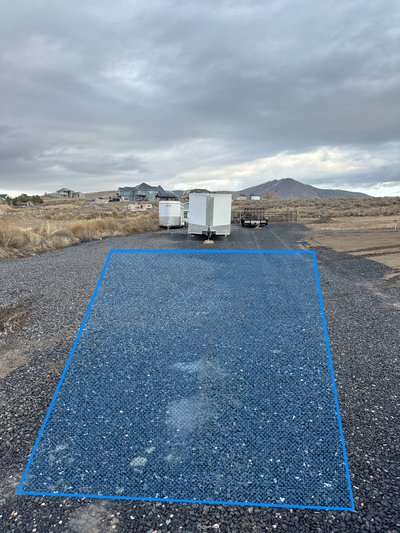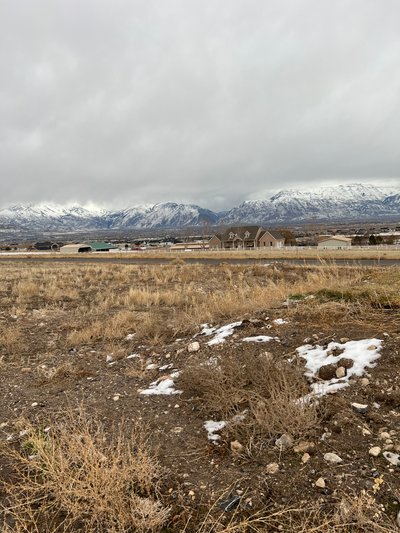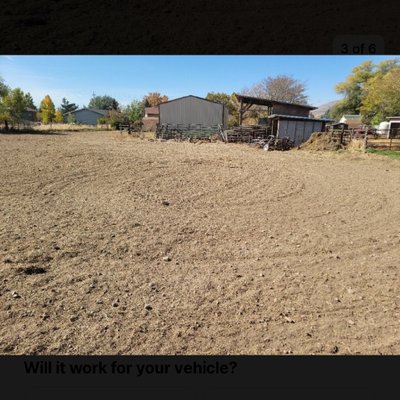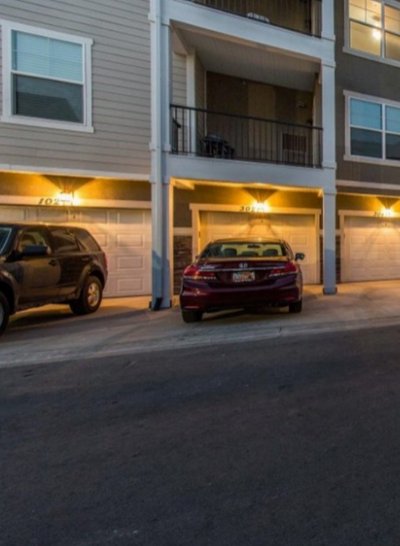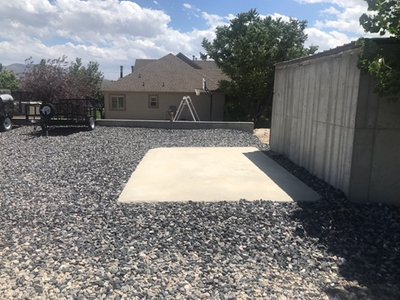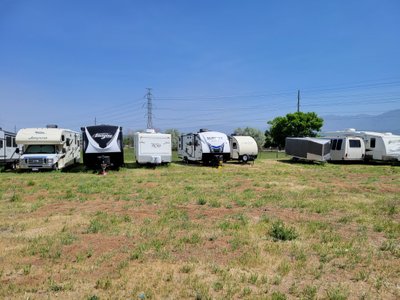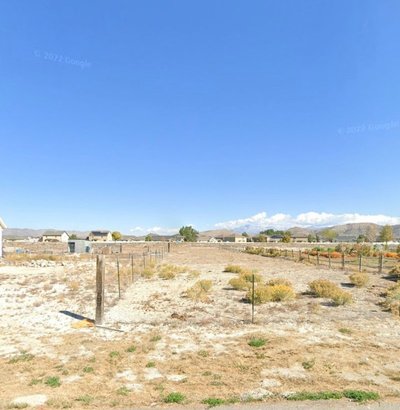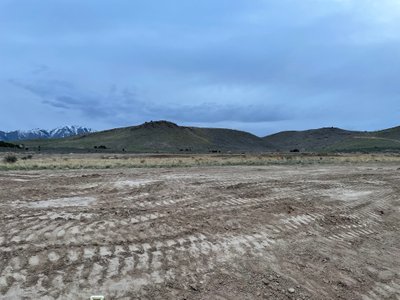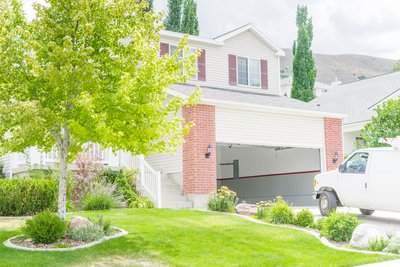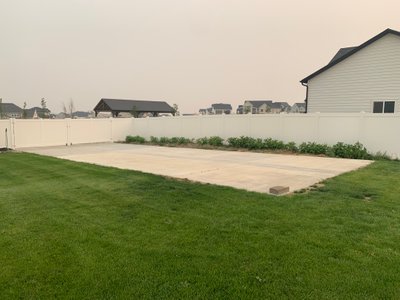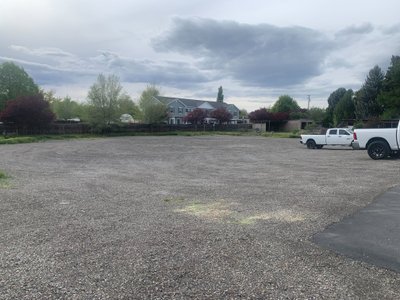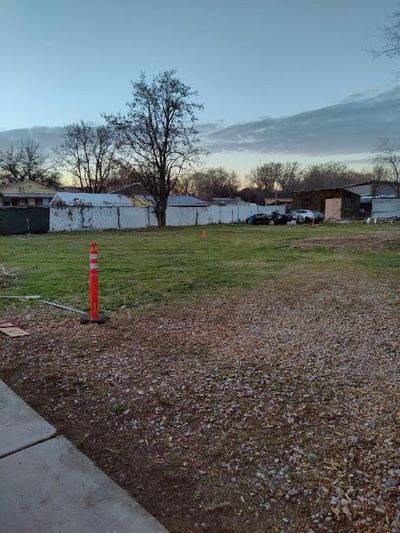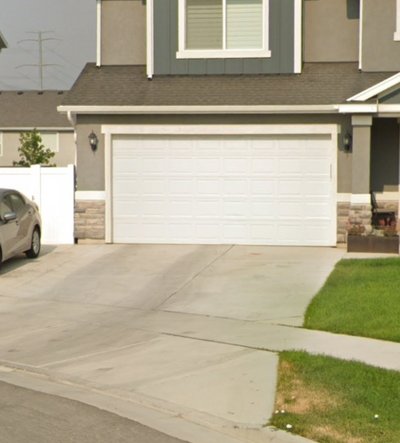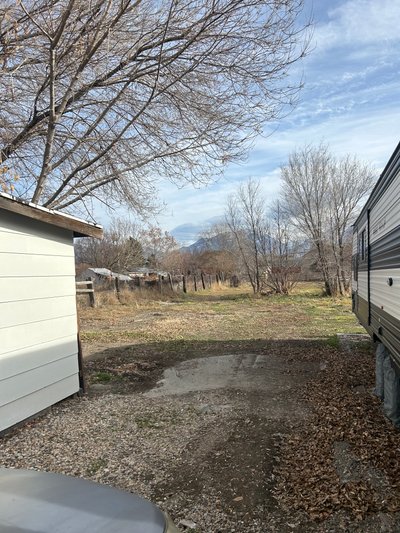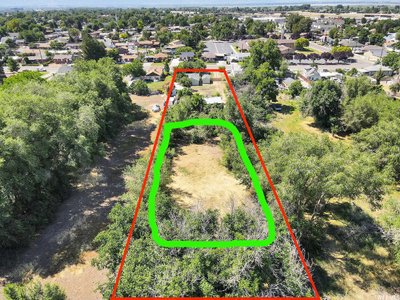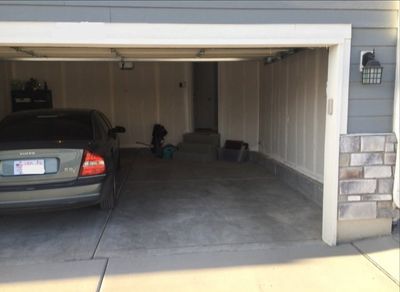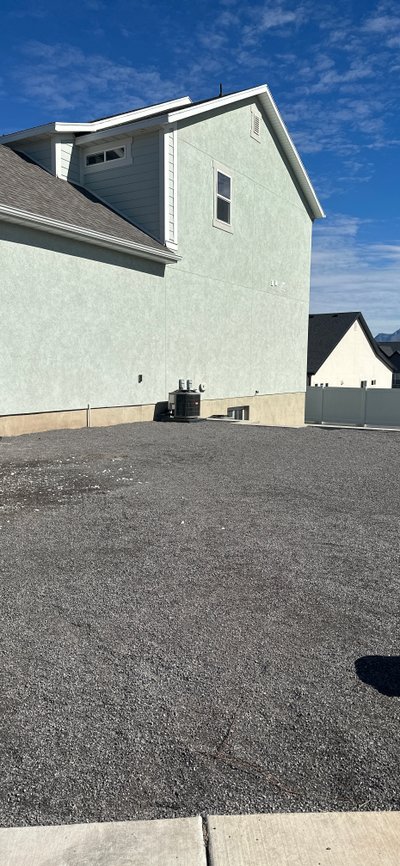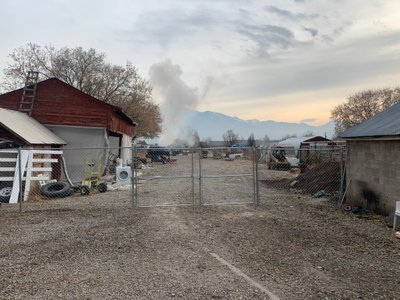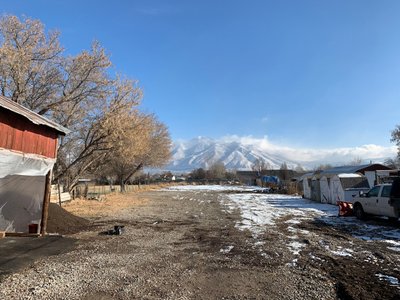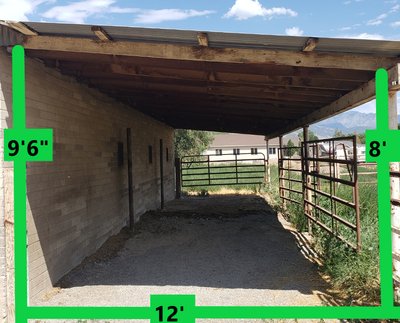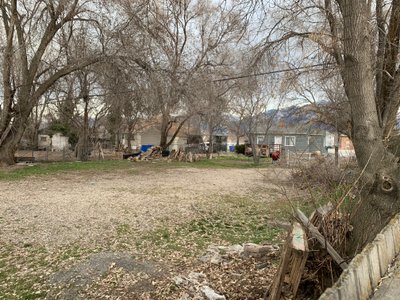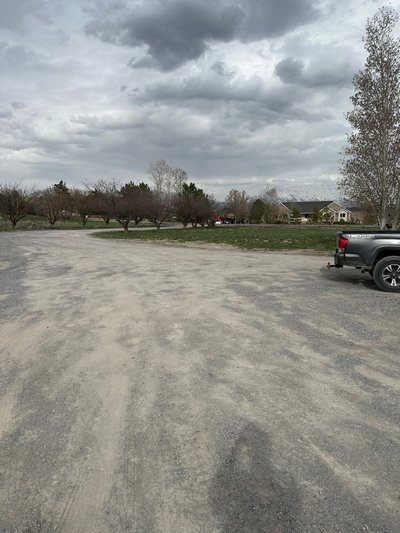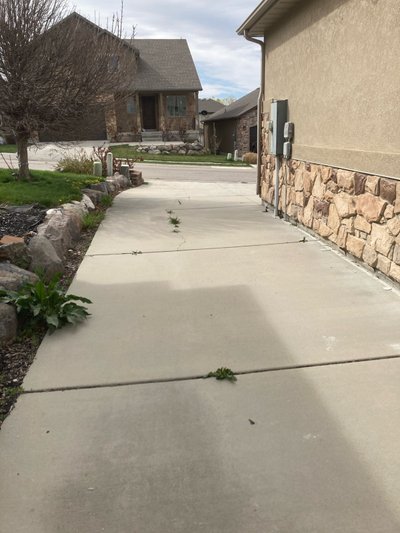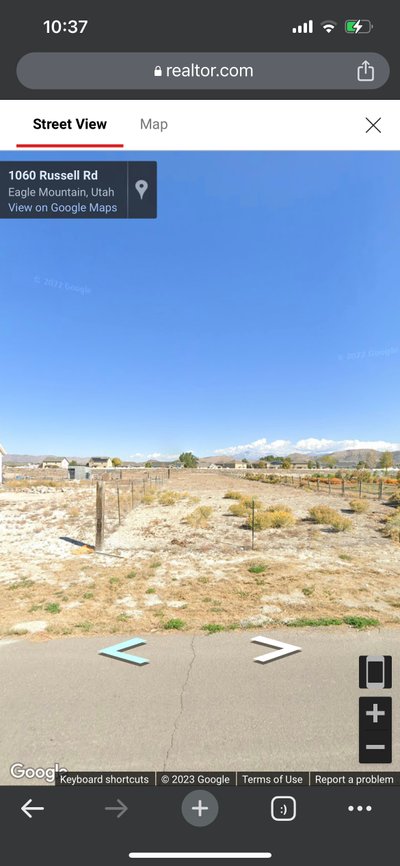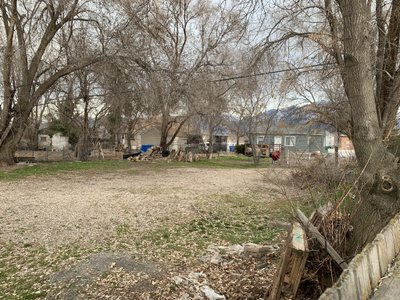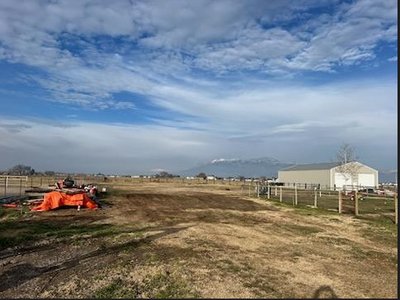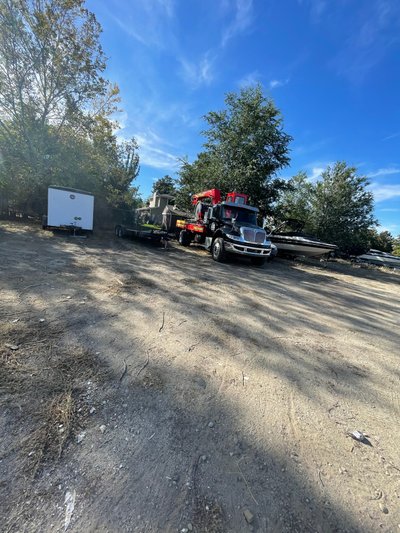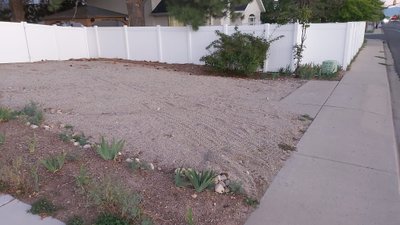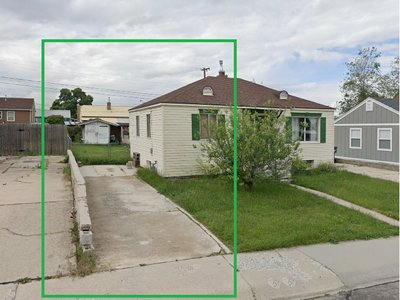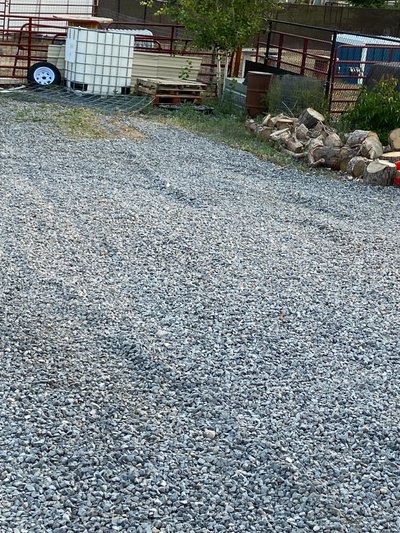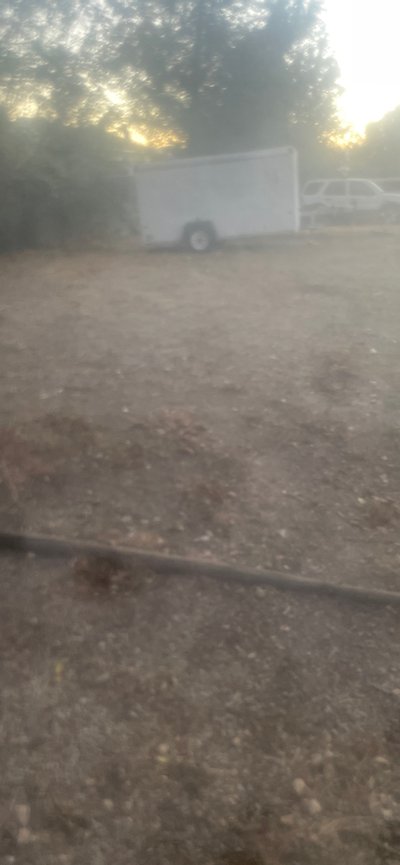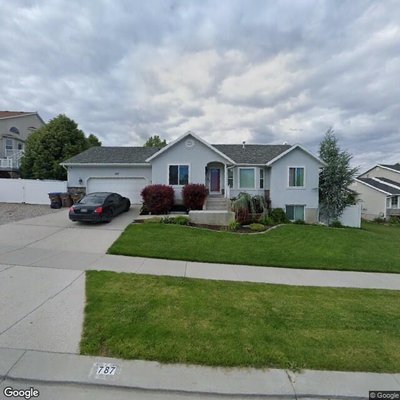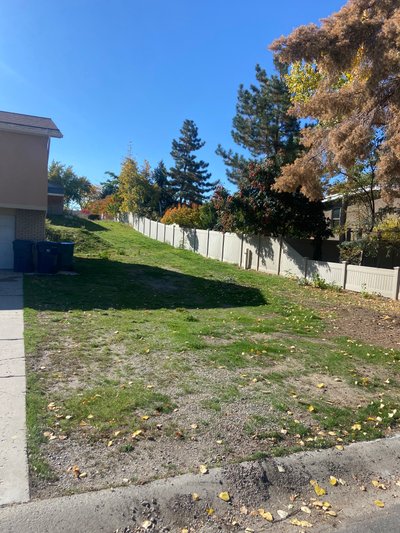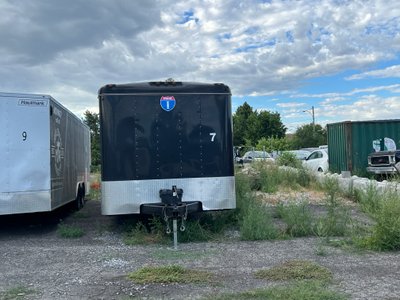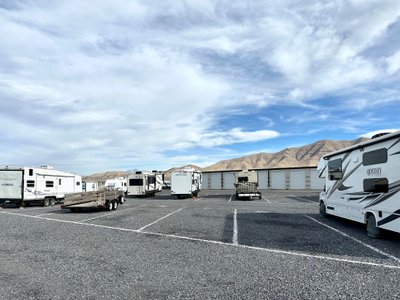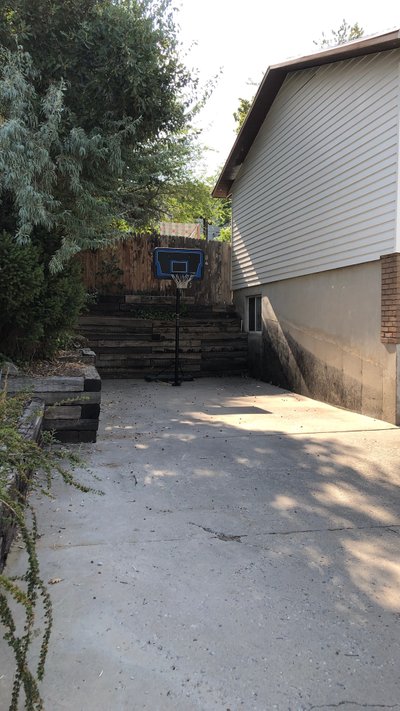Find Self Storage Near You
Neighbor is the largest self storage marketplace with space for you.
14x safer
50% cheaper
Right next door


How is Neighbor different than traditional storage facilities
How is Neighbor different than traditional storage facilities
Affordable
People who switch to Neighbor save an average of $100 per month (that’s $1,200 in savings per year). Rent spaces near you for as low as $20 / month.
Safer
Traditional storage facilities are targets for break-ins. With Neighbor, your stuff is around 14x LESS likely to be broken into.
Closer
Neighbor is the only storage provider with locations in all 50 states (and thousands of neighborhoods). Find a host in your own neighborhood!
Neighbor vs traditional facilities
Neighbor
Neighbor
Traditional facilities
Traditional facilities
Wide variety of sizes
Wide variety of sizes
Lowest prices
Lowest prices
Highest safety rating
Highest safety rating
Protection plans
Protection plans
Nationwide availability
Nationwide availability
Verified hosts
Verified hosts
Manage rental online
Manage rental online










Who needs self storage?
College students
When the spring semester ends, store with Neighbor. Out platform is perfect for those on a college budget.
Nomads & frequent travelers
Hostels, extended-stay hotels, and RVs have one thing in common: limited storage space. Nomads who store with Neighbor save $1,200 a year (That's airfare).
Downsizers
When downsizing, you may have more stuff than you do space. Rent with Neighbor (and pay as little as $20/month on storage).
Small business owners
Equipment, inventory, and office space are all essential startup costs. But what about storage? Neighbor will help you find business storage at costs 50% lower than traditional options.
Renovators
Renovating your basement, garage, or spare room? You'll need temporary storage until the reno is complete.
Recreational vehicle owners
No room in your garage for an RV, speed boat, E-bike, ATV, UTV, motorcycle, or electric scooter? Store it in a neighbor’s.
Snowbirds
Find storage near your second home (We’re located in neighborhoods across all 50 states).
Owners of seasonal gear
With Neighbor, you can store your ski equipment for the summer or your pool toys for the winter!
All storage types
Storage size guide
Find the perfect self storage unit size for your items
How to rent from a Neighbor host
Simply put, Neighbor matches people that have vacant space with people looking for somewhere to store their items.

- 1
Search for the perfect space
Enter a location and browse thousands of spaces in your neighborhood.
- 2
Reserve with a host
Found the space right for you, click reserve on the Neighbor app or website and wait for the host to approve.
- 3
Store your items
Once you're approved, schedule a move-in time with your host. That’s it!
Find cheap storage in your city
Need a storage unit?
Search the world’s largest vehicle and self storage marketplace for the cheapest, closest and safest car storage, RV storage, boat storage and trailer storage.
(844) 448-0855







